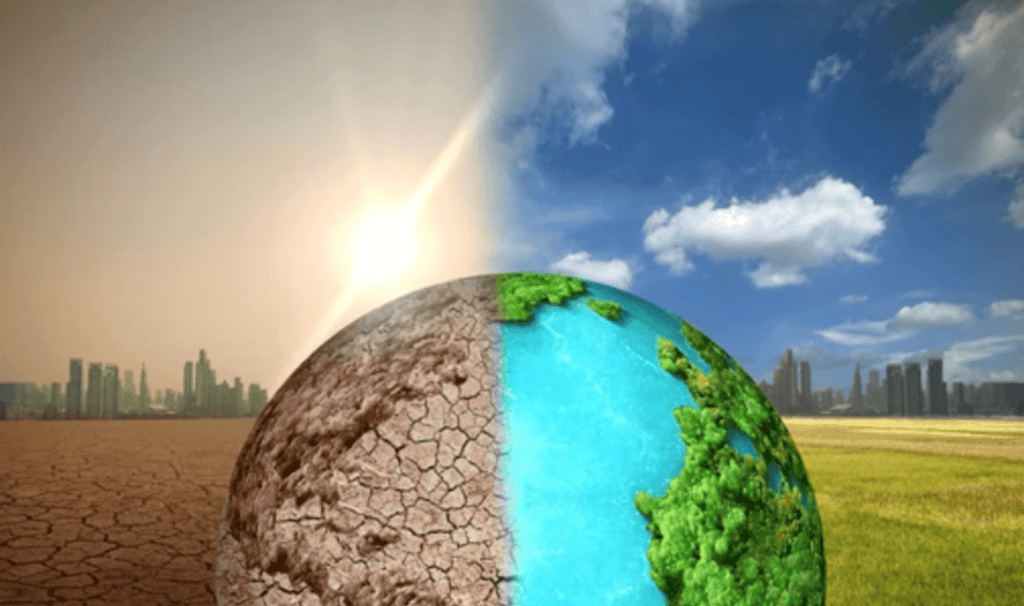The Psychology Behind The Denial Of Climate Change
Denying reality does not solve any problems.


Climate change, a widely recognized phenomenon today, has become an overwhelming concern due to the atrocities it has brought forth worldwide. Climate scientists have conducted extensive research to prove that climate change is, in fact, a very dangerous ramification of mankind's years and years of misuse of planet Earth’s natural resources. Furthermore, this has been proven repeatedly by each of our material experiences. Increased temperatures, seasonal delays, melting of glaciers, irregular rainfall, and more are mere symptoms of a much larger storm coming our way in the future.
Naturally, climate change has gotten the attention it deserves from the media to spread awareness and urge citizens to take necessary steps to prevent such a calamity from spiraling out of control. However, climate change awareness has faced a lot of backlash in recent times from numerous groups of people who refuse to accept the occurrence of climate change at all. What could be the possible reasons why people refuse to acknowledge a scientifically backed phenomenon that can potentially ruin our planet?
Often, when people are exposed to learning about the causes and consequences of climate change, they erect a series of psychological barriers to justify why they should not act either individually or through collective institutions to mitigate climate change.
From the viewpoint of changing their lifestyles of material comfort and high-energy dependence, they regard the consequences of behavioral shifts they would have to undergo to meet the mitigation measures as daunting. It is scary for anyone to admit and accept the fact that their actions are actively harming the planet. What’s even scarier is coming to terms with the necessity that arises – to change their well-off lifestyles in order to accommodate and adopt necessary precautions to help better the climate crisis – by simply acknowledging that the climate crisis is real and is happening right now.
To overcome this dissonance created in their minds, people further seek refuge by creating several socio-psychological denial mechanisms. This initially begins by setting the blame on the inaction of others, including governments. They reinforce to themselves that changing only their personal lifestyles won’t help in nullifying the crisis since the other members of society won’t do the same. This shields them from facing the fact that society and individuals are not separate entities, they are equivalent entities. Each individual changing some aspect of their lifestyle and taking a step in the right direction would definitely bring collective progress.
Another subset of the population that denies climate change is the people who think that climate change is a conspiracy theory spread by the government to control other people. This is an incredibly ignorant perspective to have provided that the effects of climate change have been proven evidently by science and we experience its symptoms and consequences routinely. It is, thus, important for educated citizens to continue to spread awareness to inform and educate others.
Additionally, there is a lot of misinformation that has been spread around climate change and when people get exposed to this, they end up not believing in climate change at all. Misinformation is an extremely harmful hazard when it comes to crucial topics such as climate change. Thus, it is important to neutralize it. The best way this could be done is to expose people to a weak form of misinformation, first explaining the fallacy employed by the myth. Once people understand the techniques used to distort science, they can reconcile the myth with the facts.
Sources
https://www.sciencedirect.com/science/article/abs/pii/S0959378000000613
